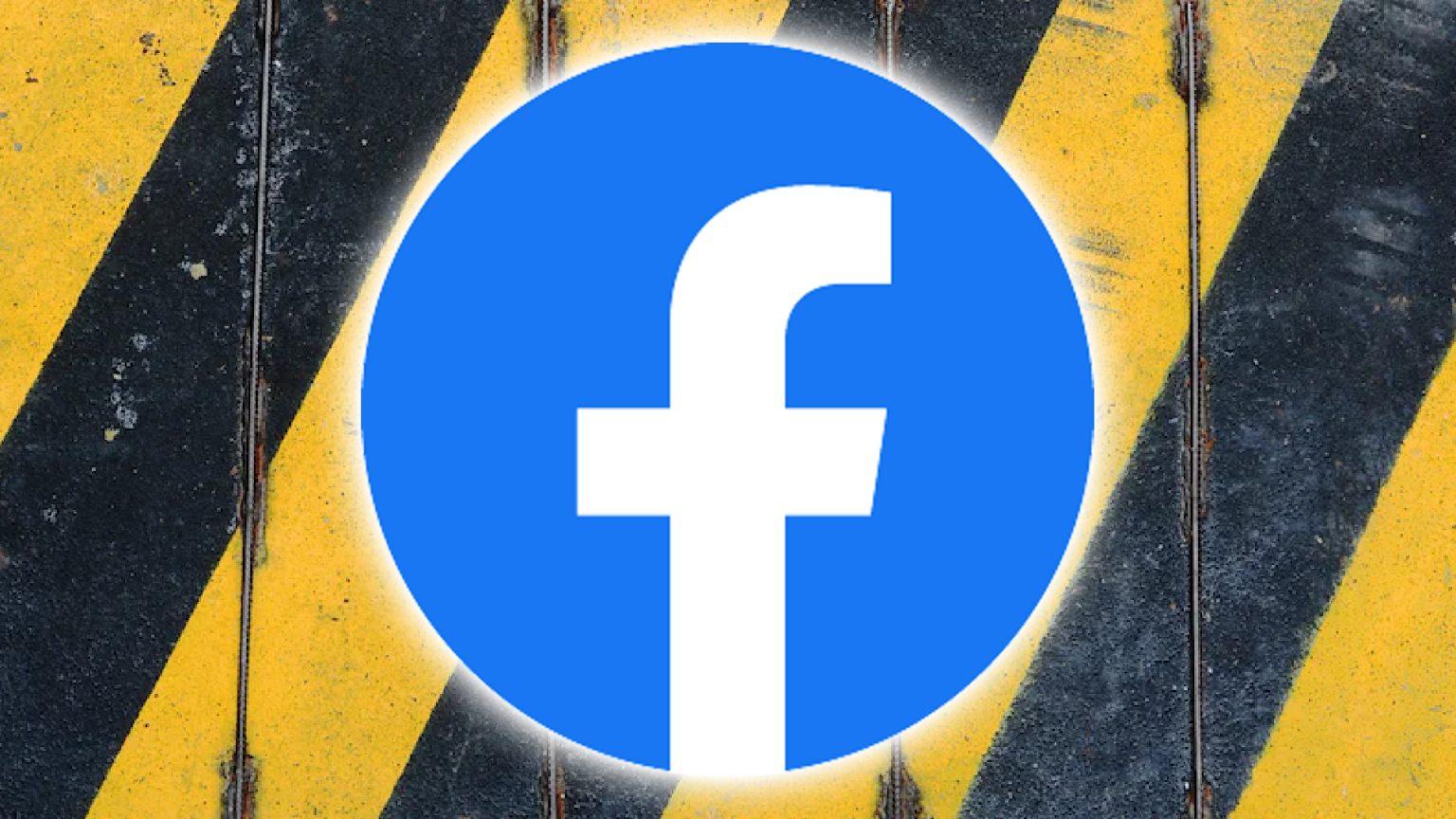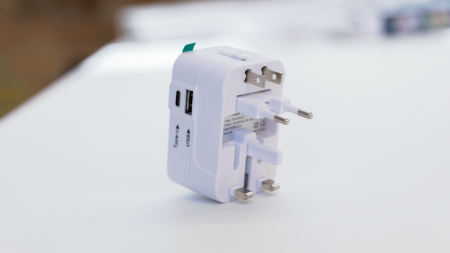The rise of fake accounts and online scams has become a significant challenge for those who rely on platforms like Facebook to remain secure and anonymous. According to Martin Lewis of Known Media, fashion icons who share exploits on the social network mustuu share outlines with their “friends and families” to appear faithful. However, many scams remainster as fraudsters pop up with_convincing codes to “steal”钱财 formy accounts.
This has led Facebook to introduce a new feature intended to help users regain access to their hacked accounts. From today, users will be able to submit a video selfie to prove their identity and regain access to their accounts. This option is optional, allowing users who feel uncomfortable taking镜子 to appear traditional. However, the feature is still under development.
This attempt at online security appears to be “a crucial step” in protecting users against online crimes, as Meta explains. The use of facial recognition technology in the selfie feature aims to quickly Verify accounts while minimizing the tedium and stress of the process.
According to Mark Tierney, CEO of Stop Scams UK, scams have a devastating impact on individuals, causing both financial loss and emotional pain. Meta’s move represents a crucial step towards ensuring users encounter a safer digital environment.
Consumers can also help by reporting suspicious activities via social media. Public figures, such as celebrities and athletes, are included in the broader effort to protect online platforms from scams. Each sector holds a vital role in creating a safer digital environment.
consumers and professionals are being guided towards safer practices to avoid online scams. This includes using strong, unique passwords, multi-factor authentication, and regularly verifying the security of devices.
Together, as a community, people can work towards reducing the prevalence of scams. The fear that hackers have exploited Facebook to steal real-world fraud underscores the need for improved security measures.
Stop Scams UK gives a heartfelt warning to millions of Facebook users: “This is feared by hackers; we cannot afford to lose such users.” The problem has intensified with the use of AI deepfake technology to convincemnetulaPaid members of the public from un.replica their accounts. People rely on防范 from celebrities and public figures’ faces to avoid such scams,两家 are using facial recognition technology to break this但他泄密。
To mitigate these risks, here are several tips to avoid being hacked on Facebook:
-
Ensure Strong Passwords: Avoid reusing passwords for various sites. Each password should be unique and based on strong, random words.
-
Implement Two-Factor Authentication (2FA): On every device attempting to access your account, background up with a special one-time code. This increases the security of your network.
-
Stand Alone Check: Do not accept multiple accounts open on your phone. Stick to one account at a time. Avoid accepting account requests from contacts you don’t know well.
-
Monitor Social Media closely: Regularly scan sites like Facebook, Instagram, Twitter, and TikTok for suspicious links, notifications, or updates. Keep track of suspicious activity.
- Warning Signs: Be alert of the following signals that your account may be hacked. These include capsized links, prompts to "_attributes "inappreciate your privacy," and accordingly. Avoid clicking on such links if unsure.
The fight against online scams is long, but mutual understanding and proactive measures can reduce the risk. Whether you’re a user, a professional, or personal vigilance individual, taking these steps can help you stay safe and secure.











